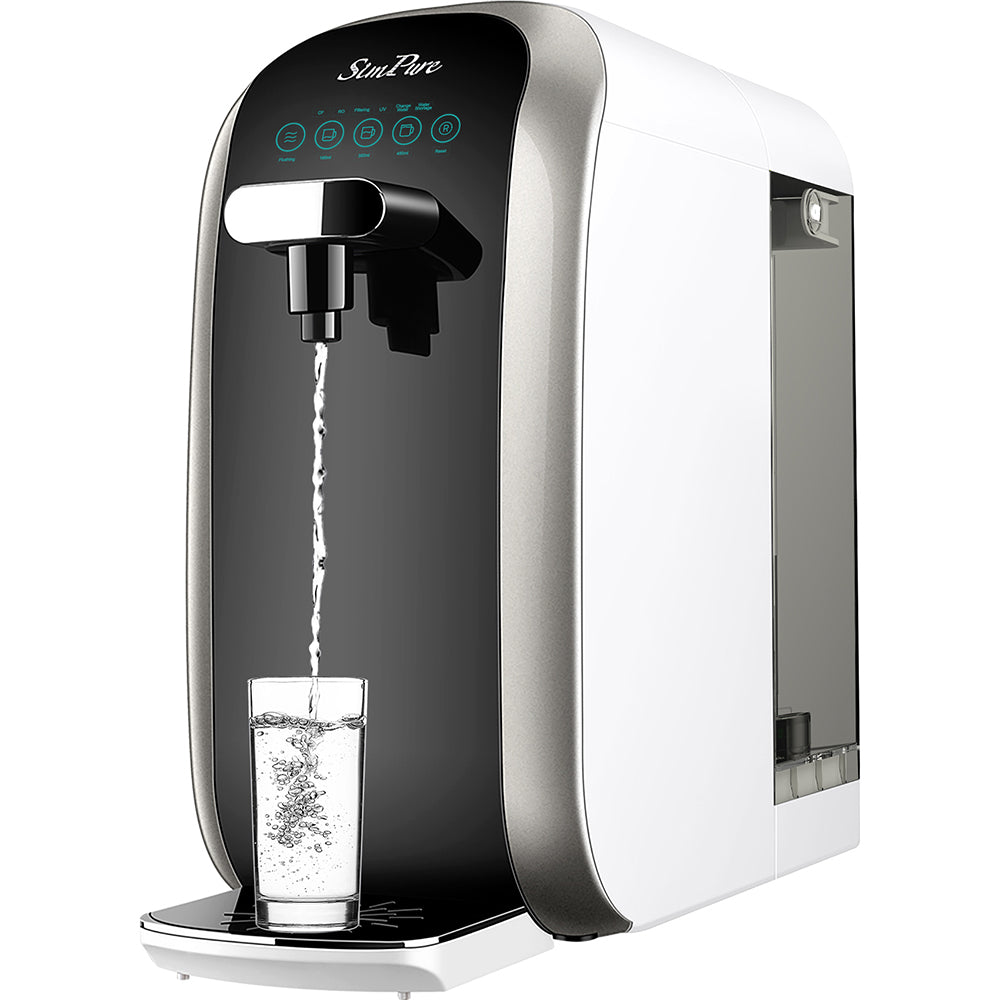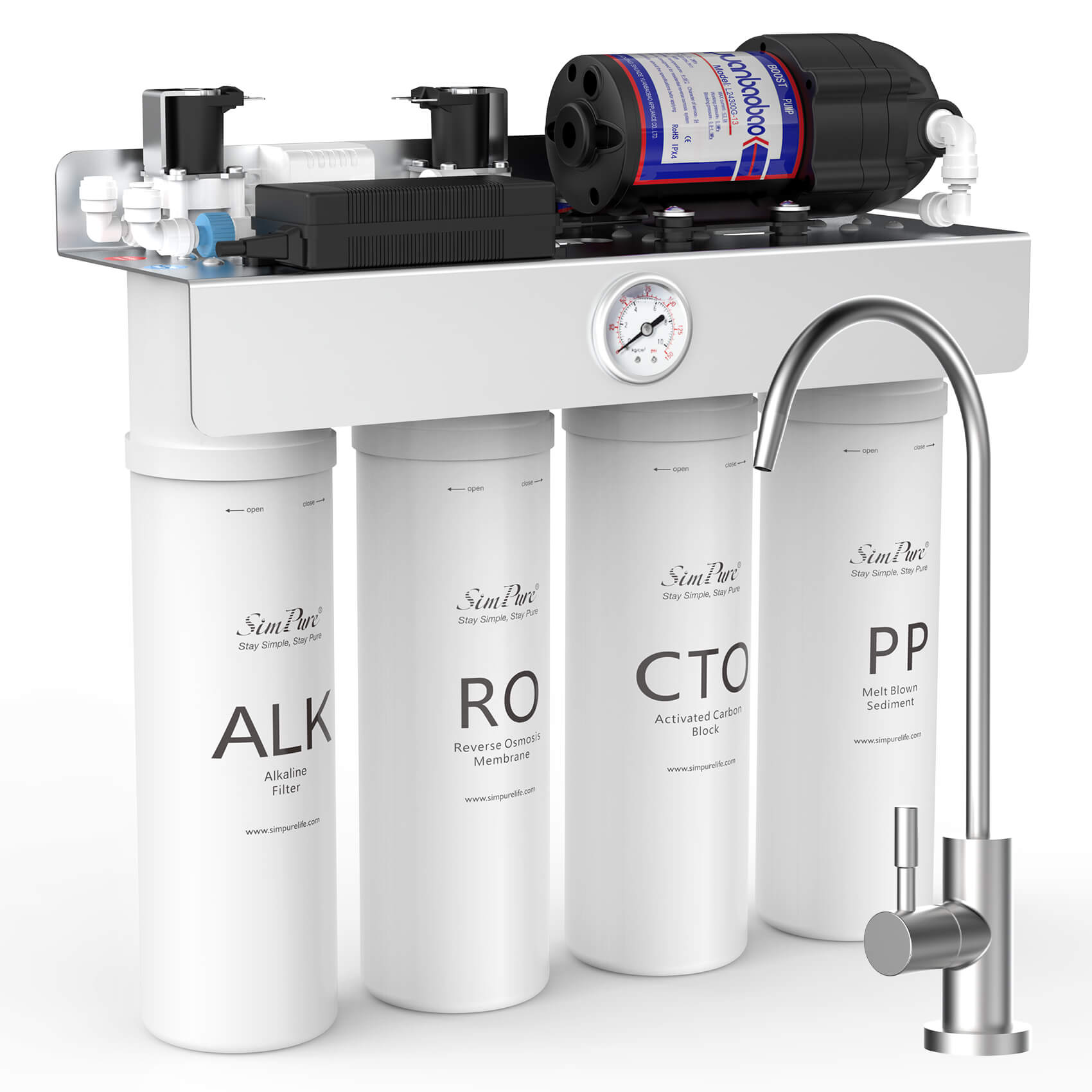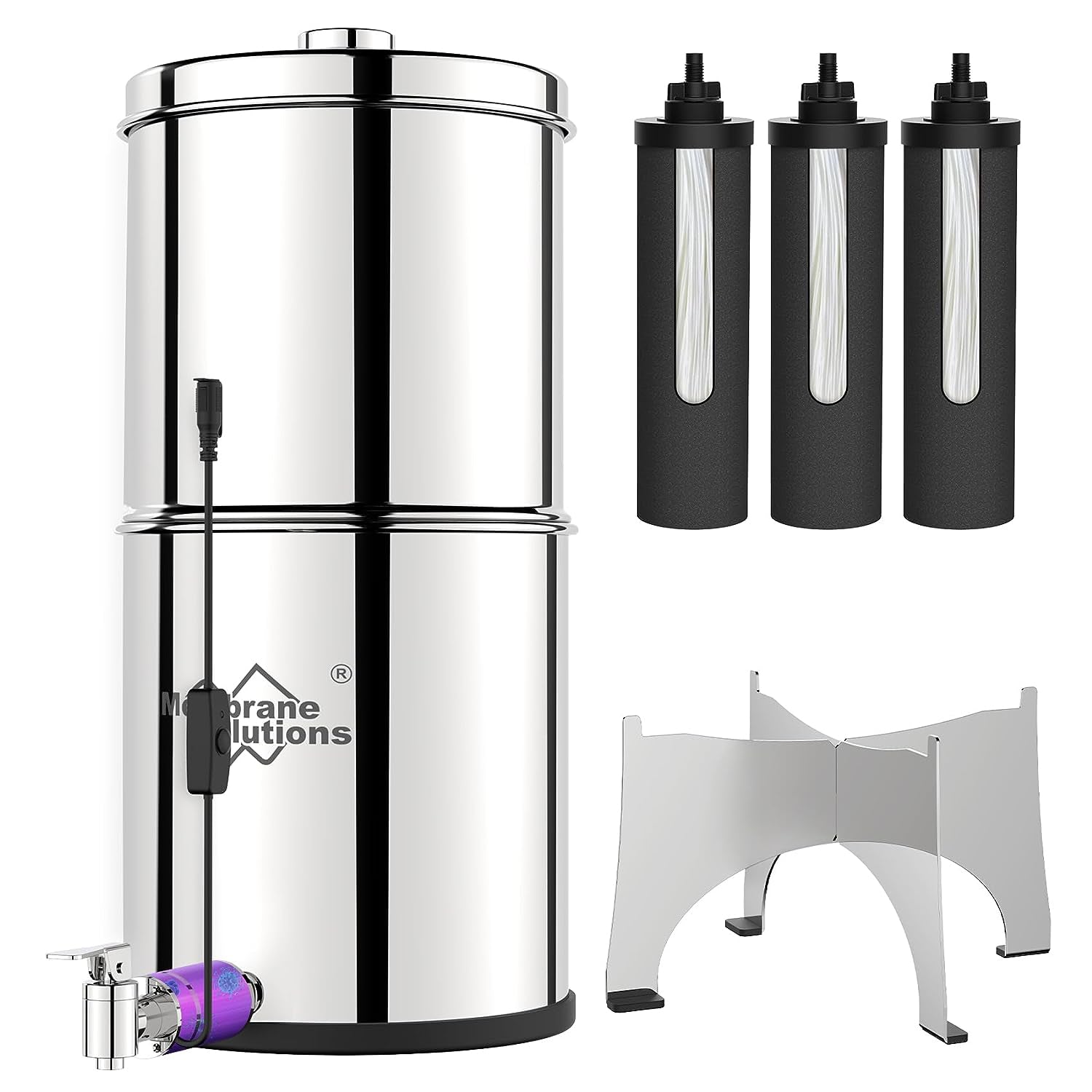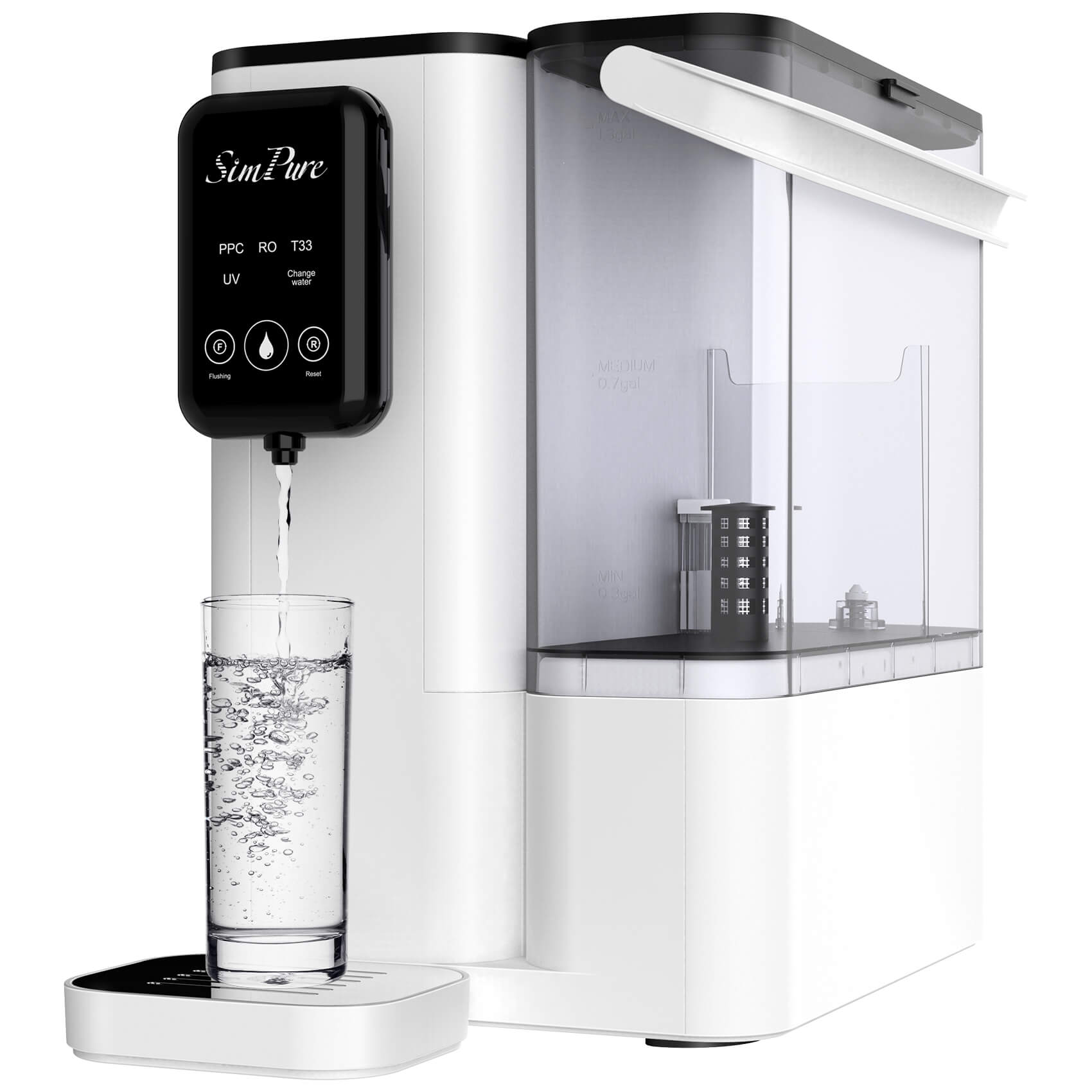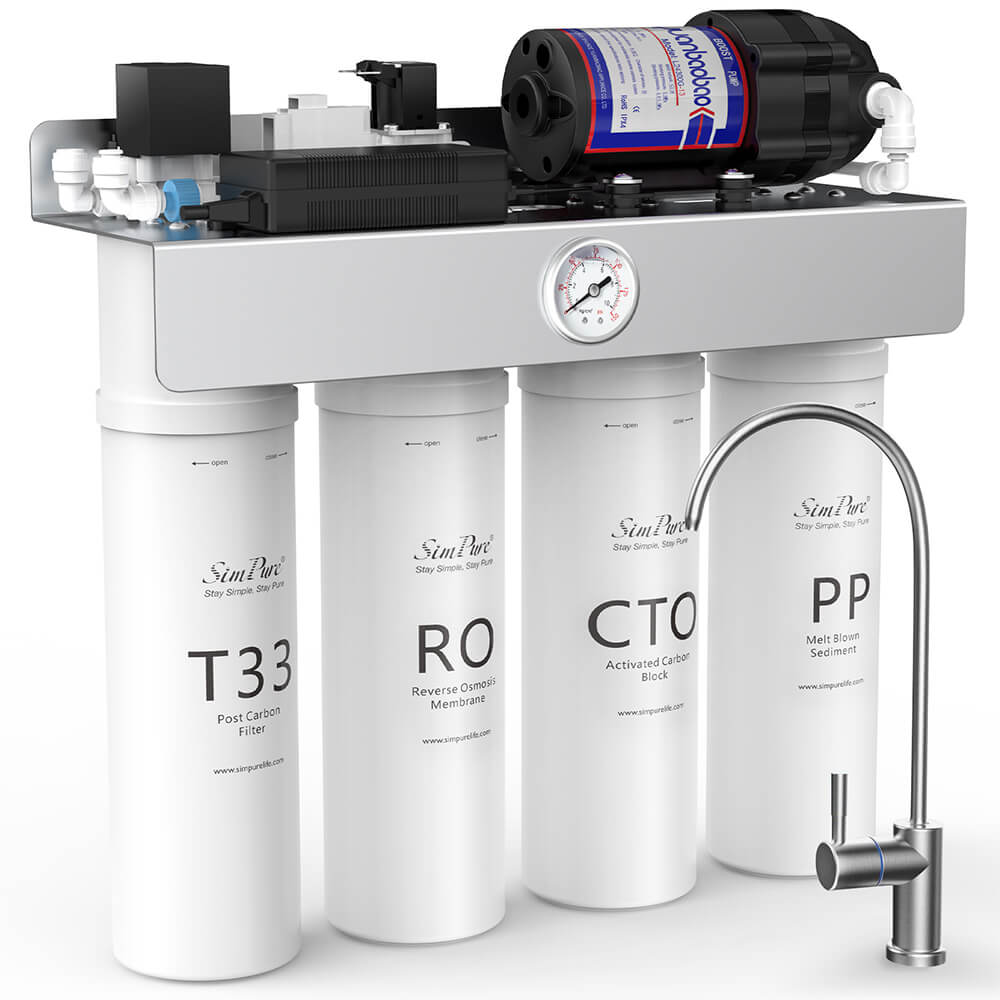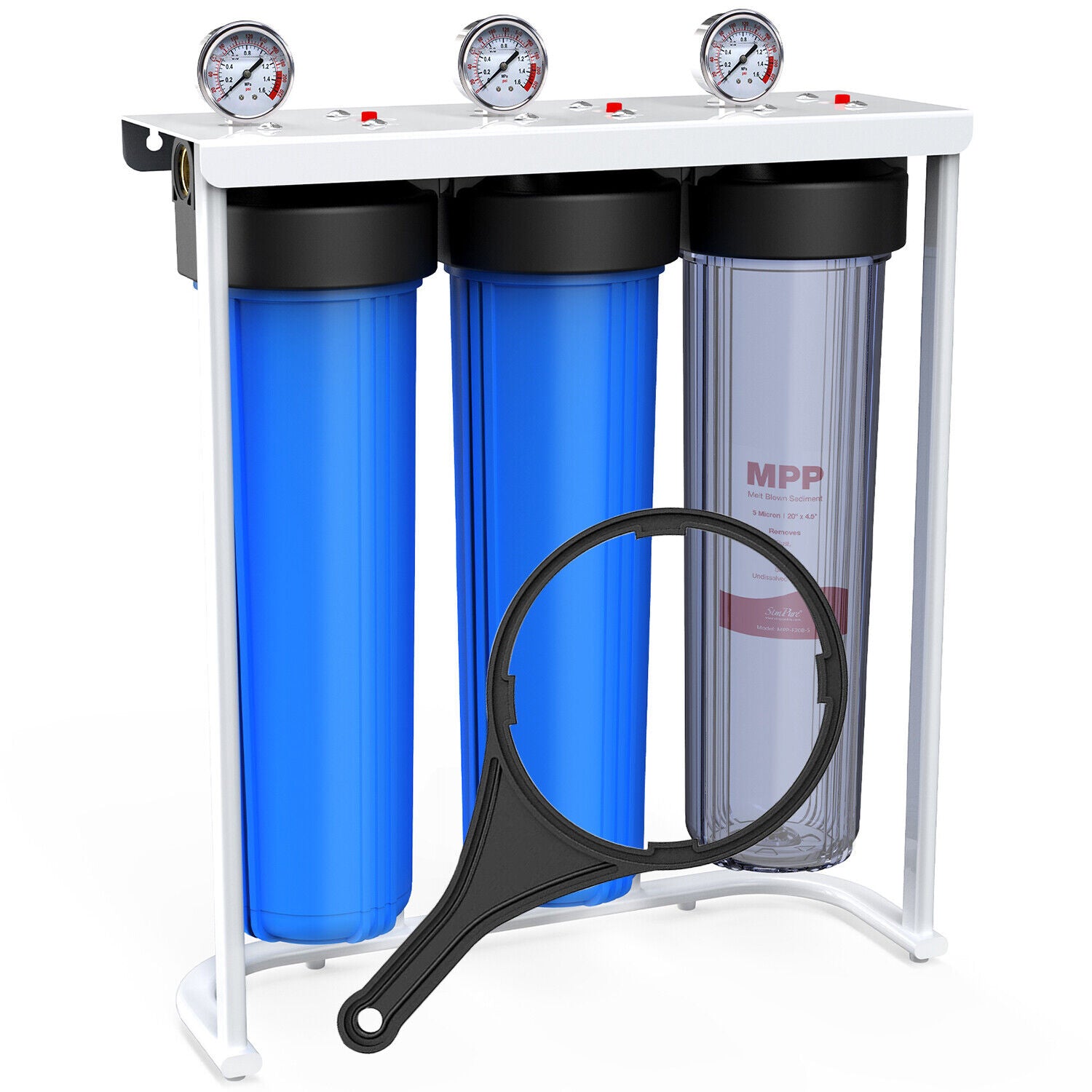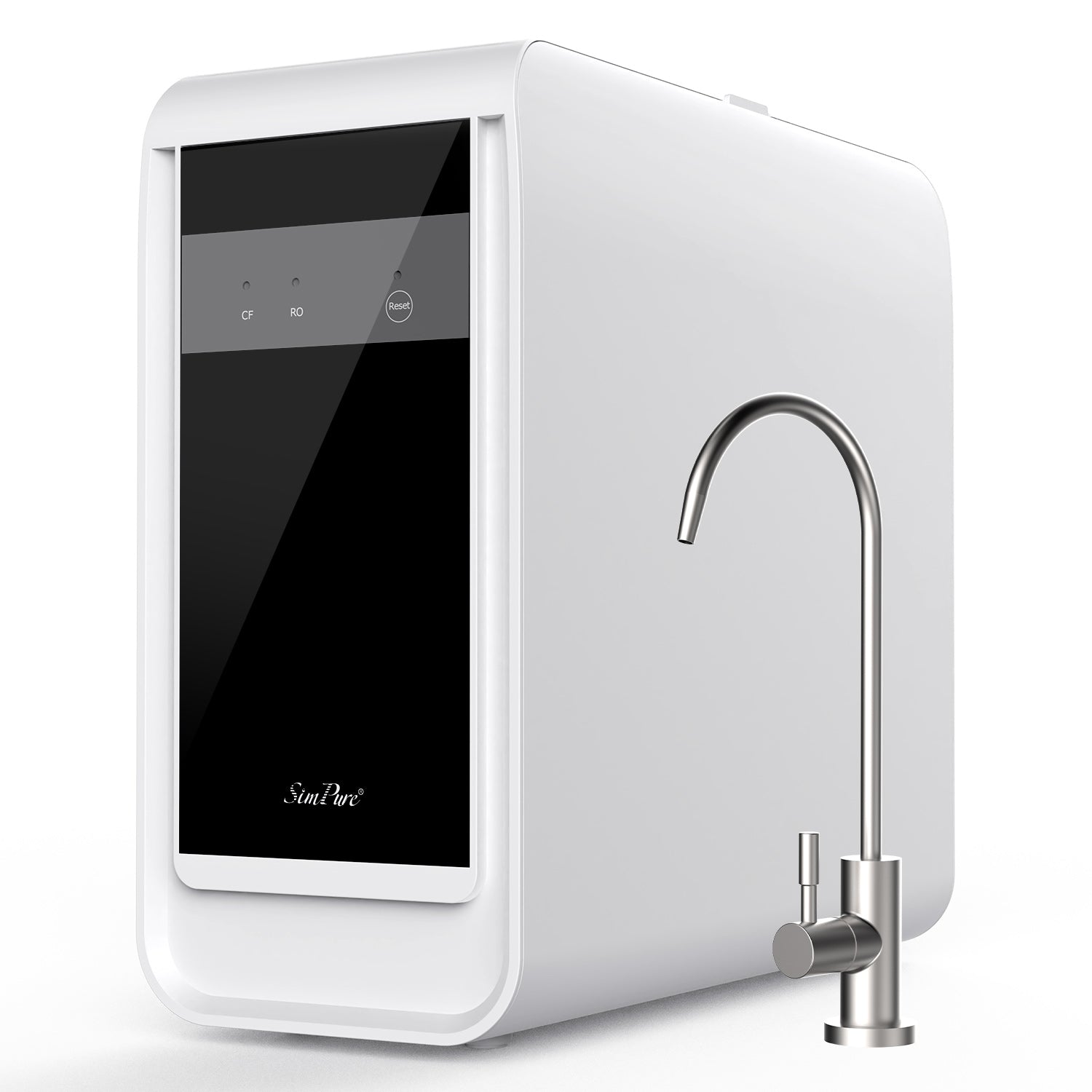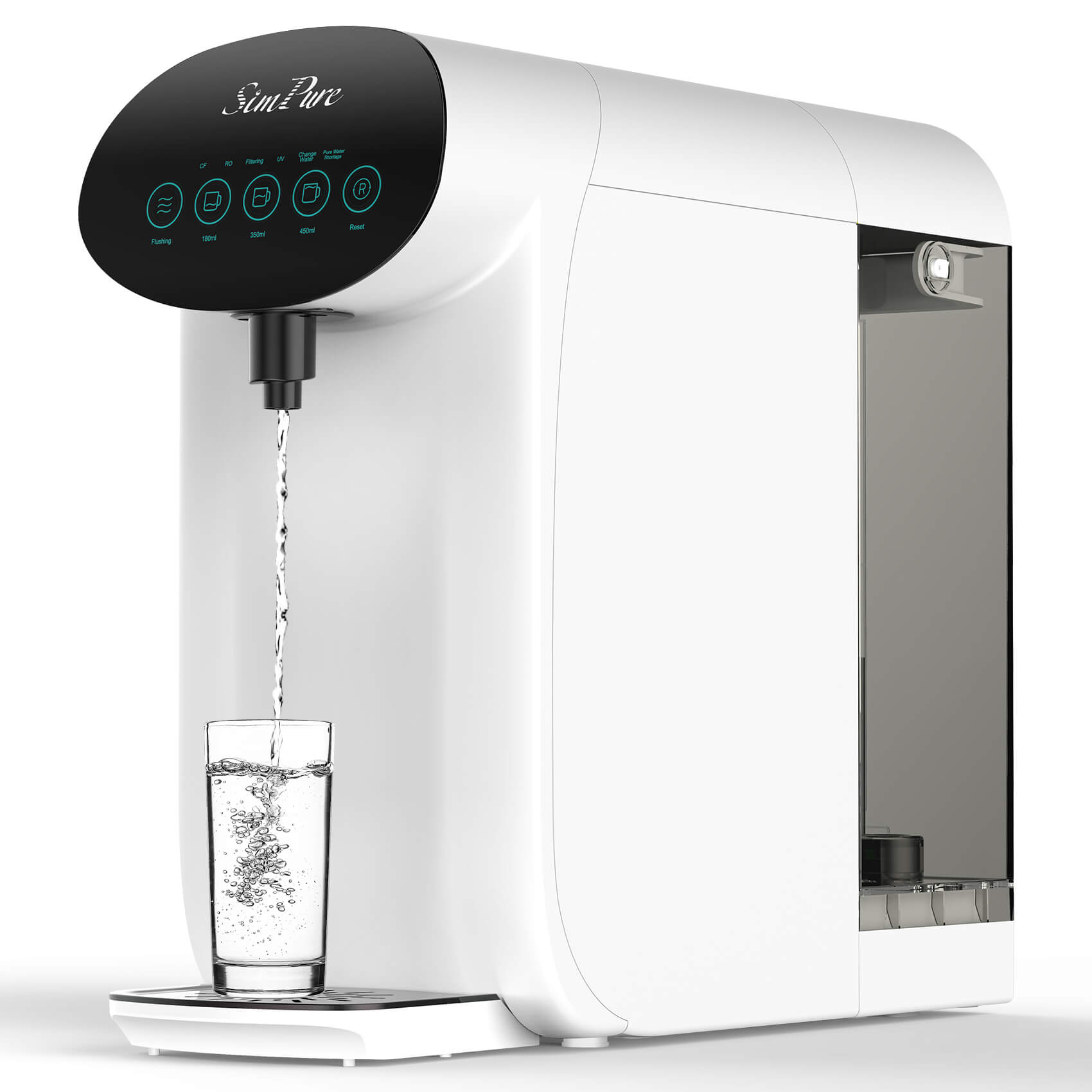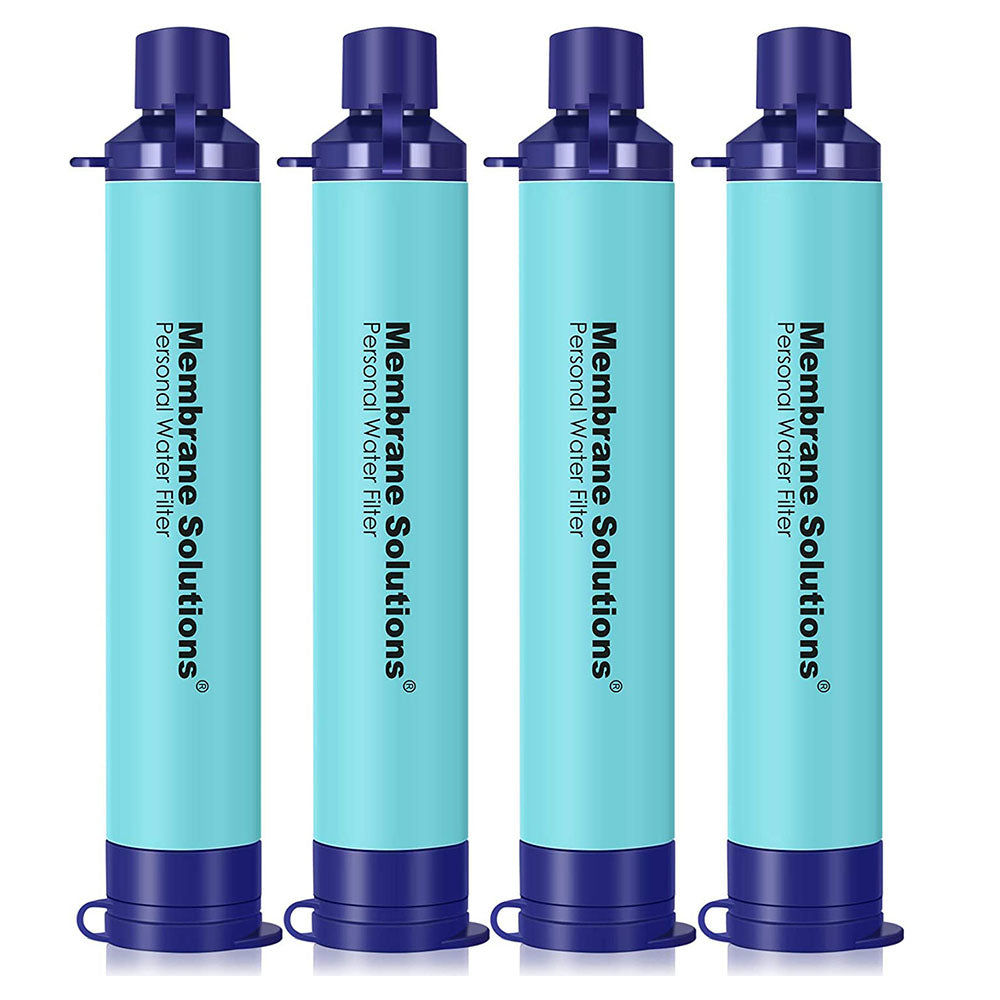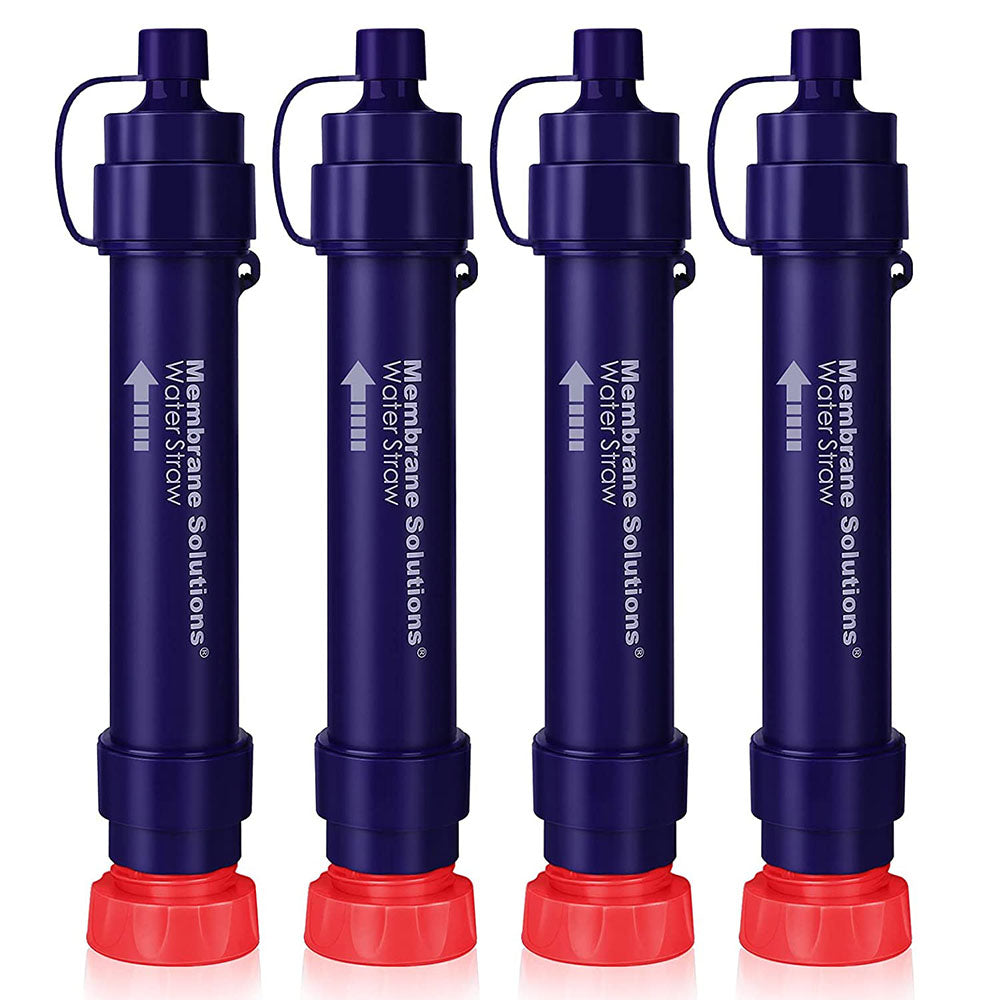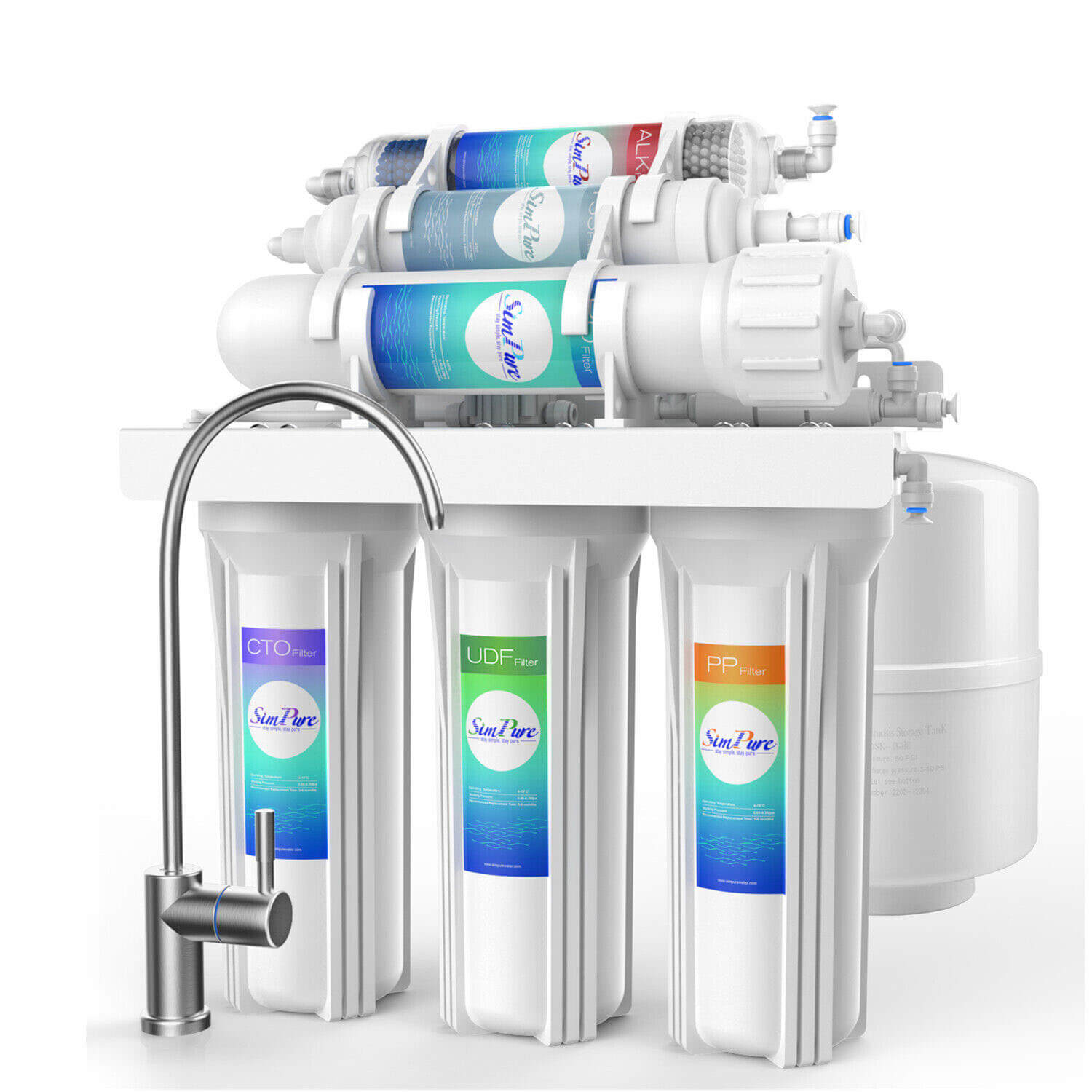As we navigate the sea of beverage choices, one question frequently arises: What is the best water to drink? This guide delves into the depths of hydration science, exploring the nuances of tap water, bottled water, and filtered water. By deciphering the benefits, potential contaminants, and mineral content of each option, you'll gain the insights necessary to quench your thirst for knowledge about the healthiest hydration choices.
Table of Contents
Common Water Types and Their Benefits
Factors to Consider in Choosing the Best Water
Common Water Types and Their Benefits

Tap Water: Easily accessible and often treated for safety, tap water provides convenience and is typically fortified with essential minerals, promoting overall well-being.
Bottled Water: Portable and reliable, bottled water offers on-the-go hydration; choose options labeled purified or mineral for added benefits.
Purified Water: Through advanced filtration methods, purified water removes impurities, making it a refreshing and clean option for staying hydrated.
Mineral Water: Naturally sourced and rich in vital minerals, this water type contributes to electrolyte balance and supports bone health.
Spring Water: Sourced from underground springs, this water type is celebrated for its crisp taste and potential trace minerals, making it a refreshing choice for hydration.
See more detailed info on different types of at this blog: Exploring the Different Types of Water.
Factors to Consider in Choosing the Best Water
When selecting the ideal water for your hydration needs, several crucial factors come into play. Here, we delve into three key considerations that can guide your decision.
1. Balance Mineral Content and Purity
Drinking water is more than just quenching thirst; it can also be a source of essential minerals like calcium, magnesium, and potassium. These minerals contribute to various bodily functions, including bone health, nerve transmission, and muscle contractions.
Achieving the right balance between mineral content and purity is essential. While minerals offer health advantages, excessive amounts or the presence of certain contaminants can pose risks. Striving for optimal mineral content while considering potential health implications helps navigate the delicate equilibrium between beneficial minerals and overall purity.
2. pH Level and Alkaline Water
The pH level of water plays a pivotal role in its interaction with our bodies. It reflects the water's acidity or alkalinity and can influence metabolic processes. Understanding pH levels empowers you to select water that complements your body's natural pH balance. Here you can learn from this blog What pH Should Drinking Water Be when you consider the pH level of water.
Alkaline water has gained attention for its potential health benefits, with claims ranging from improved hydration to enhanced detoxification. While some proponents advocate its advantages, others adopt a more scientifically grounded approach. Evaluating the pros and cons of alkaline water equips you with a clearer perspective on its impact and sustainability. Click here to learn more about the benefits of alkaline water.
3. Hydration Efficiency
Different water sources exhibit varying levels of hydration efficiency. Factors such as mineral composition, presence of electrolytes, and molecular structure influence how effectively water is absorbed and utilized by the body. Exploring the bioavailability of water types unveils the nuances of hydration and aids in tailoring your choice to your hydration goals.
So What Is the Safest Water to Drink?

Before answering the question, here we recommend you read some detailed blogs on the comparison of the most frequently searched types of water:
1. Spring Water vs Purified Water
2. Reverse Osmosis vs Distilled Water
3. Distilled Water vs Boiled Water
4. Tap Water vs Bottled Water Safety
5. Tap Water vs Filtered Water
Amidst the array of water options, safety takes precedence. Among tap water, bottled water, purified water, mineral water, and spring water, tap water from regulated sources and reputable bottled water brands stand out as reliably safe choices. Stringent testing and regulations govern tap water quality, while trusted bottled water brands prioritize safety through rigorous standards. If you opt to purify your home tap water through a water filtration system, it undoubtedly emerges as the optimal choice, excelling in safety, convenience, and eco-friendliness.
Bonus: What is the best water for kidneys?
The best water for kidneys is typically clean, filtered water with balanced mineral content and a neutral pH. Alkaline water is often the recommended choice for kidneys, for it may help reduce the risk of kidney stone formation by increasing the pH of urine, making it less acidic and less likely to form stones. Read more at Is Alkaline Water Good for Kidneys. Staying adequately hydrated is important for kidney health, as it helps to flush out waste and toxins from the body. However, there is no one-size-fits-all answer, as individual needs may vary based on factors such as existing kidney conditions, overall health, and dietary considerations.
In summary, our exploration of various water types underscores the significance of safe and informed choices. Tap water, when filtered through a reliable water filter system, emerges as a practical and eco-friendly option. Remember the balance of mineral content, pH levels, and hydration efficiency. Empower yourself with the knowledge to opt for a cleaner, healthier hydration journey.



